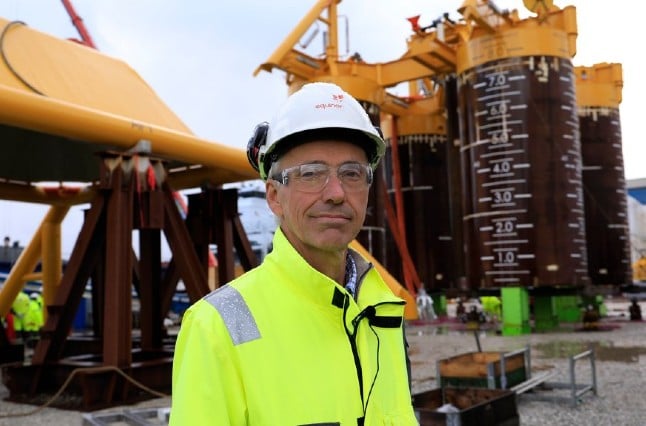Jordi Guillot, a senator for the Catalan Green Socialist party and member of the Parliamentary Association for the Protection of Animals, has slammed Spanish circuses for their use of thirteen endangered Asian elephants.
Europa Press revealed on Friday that the politician had filed an official parliamentary question calling on the government to put an end to the big top employment of the protected pachyderms, listed as a critically-endangered species in Appendix I of the Convention on International Trade in Endangered Species of Wild Fauna and Flora (CITES).
According to InfoCircus, a platform created by animal welfare NGOs including the Born Free Foundation, the elephants were born in the wild and as a result are not allowed to be used commercially.
Asian elephants, which can be told from African elephants by their comparatively smaller ears, have declined in number by at least 50% over the last three generations.
Guillot noted that the European Commission had confirmed circuses as a specific example of the type of "commercial use" prohibited under CITES, which is fully ratified in the EU, in response to a written question from an MEP.
In his question to parliament he argued: "If the Commission interprets the Convention in this way, member states should apply it."
He added that the use of Asian elephants should also be prohibited in advertising and requested clarification from the Ministry of Economy and Competitiveness on what they defined as "commercial use".
He also asked why Spain does not forbid the use of Asian elephants in circuses when the European Commission does.



 Please whitelist us to continue reading.
Please whitelist us to continue reading.
Member comments